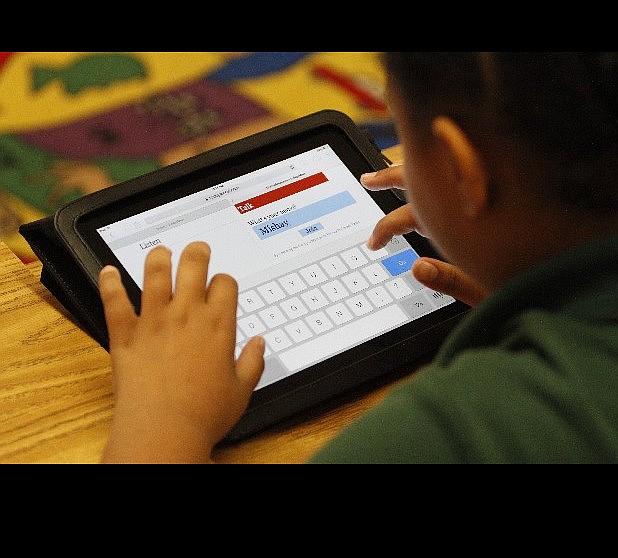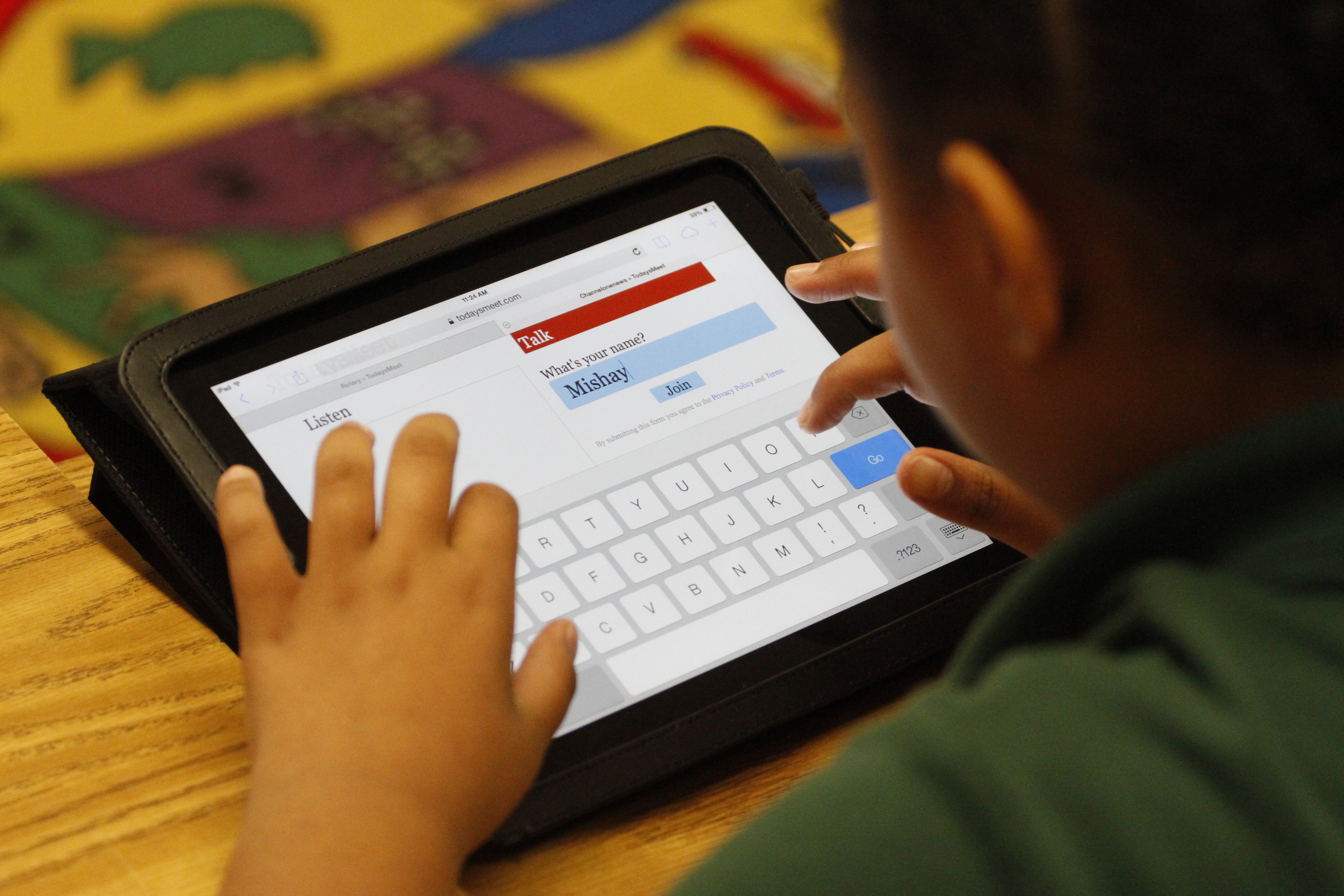To bring the technology infrastructure of Hamilton County Schools up to speed, school officials say they must spend millions more annually to hire new teachers, administrators and technicians.
Altogether, a three-year technology plan released this week calls for eventually spending nearly $4 million more annually. That's a figure that doesn't include the price of new devices, but covers the salaries and benefits of new employees, as well as the cost of training.
The school board and the school system's IT department have been studying Hamilton County's outdated stock of computers, tablets and wireless networks since Superintendent Rick Smith announced an ambitious plan in December 2012 to put an iPad or other device into the hands of all the county's 42,000 students.
The district's new tech plan, discussed at a Thursday Board of Education committee meeting, lays out a three-year timeline for getting the county's employees and infrastructure ready to handle a mass influx of iPads, cellphones or laptops. Through July 2016, the plan calls for:
• Creating a new department of professional learning, including a new director and two coordinators.
• Doubling the number of technicians by adding a dozen more to the information technology department.
• Adding 25 new positions for technology facilitators.
• Requiring teachers to take 12 hours of technology training annually.
• Approving a bring-your-own-device policy and setting up new guest networks in school buildings
The 40 additional hires are expected to cost $3.8 million a year after full implementation of the plan in 2016, though the question of how to pay for the ambitious plan remains unanswered. School officials say their technological needs are immense, both in physical hardware and human capital.
The additional technicians are needed to help troubleshoot and maintain the system's growing network of routers, switches and devices. On the other side of things, the 25 new technology facilitators are needed to work with teachers on integrating new technologies into their classes. The facilitators, who will be certified teachers, will help train and support classroom teachers on how to teach with new technology, said IT training and development specialist Mike Ballard.
So far, school officials have worked to upgrade the technology infrastructure by increasing bandwidth and wireless capability in all 75 public schools. That work is expected to be done by June. Meanwhile, iPads and other tablets have been making their way into schools. PTAs have made big donations. Federal grant money is helping boost technology in some of the district's poorer schools. And groups like the Public Education Foundation are purchasing classroom sets of tablets to pilot.
Students are bringing their own devices from home, too.
"They're flooding in," Ballard said.
Hamilton County's technology plan is reliant on donations like these. But Ballard said this discussion is much deeper than just devices. The technology is useless unless teachers fully know how to integrate it into the classroom.
"It is certainly not getting used to its fullest capacity because we don't have the structure in place to make it happen," he said.
Another component of the technology plan calls for a new digital citizenship curriculum. That will not only teach students how to manipulate devices, but appropriate ways of treating technology.
"Children need to learn that there's a time and a place when to use technology," said Patty Kinsey, the county's director of information technology.
The school board's technology committee is expected to meet again to review the plan. But so far, there's no clear indication on how any of the proposals will be funded.
On Thursday, the school board voted 6-3 to approve a $345 million general purpose budget for next year. Altogether, the system's various accounts for the 2015 fiscal year call for spending $399 million.
School board member Jonathan Welch, chairman of the board's technology committee, voted against the budget, which he described as "mediocre." He said the school system needs to spend more on arts education and technology.
"I think this budget is at best an attempt to kick the can a year down the road," he said. "And we've just said the status quo is OK -- that we're OK with that. And I'm not."
Contact staff writer Kevin Hardy at khardy@timesfreepress.com or 423-757-6249.

